Disability Rights Platform
People with disabilities are victimized by violent crimes at 2.5 times the rate of people without disabilities. As District Attorney, I will work in partnership with New Yorkers who are disabled to both reduce the violent crime rate through data-driven tactics, such as educational and mental health redirection, and empower those members of the disability community who have experienced a crime. Additionally, as District Attorney I would work to ensure that New Yorkers who have a disability and who have been accused of crimes are treated with dignity and receive proper accommodations throughout their interactions with the legal system.
Increase outreach to the disability community
As District Attorney, community partnerships and open communication will be core tenets of our work to build a system of equity and justice for all. To accomplish this goal, I will hire community outreach coordinators tasked specifically with outreach to the disability community in order to ensure that the DA’s office is responsive to the needs of disabled New Yorkers. New York’s disability community is diverse and varied, and it is crucial that the District Attorney’s outreach is accessible to all community members, regardless of pre-existing condition.
Our next District Attorney will also have the opportunity to expand the talent pipeline in our city’s legal system to include more New Yorkers with disabilities. As DA, I will enhance hiring of people with disabilities in the DA’s office. Hiring lawyers, investigators, researchers, and coordinators with pre-existing disabilities is a critical piece to building trust with community members and ensuring that all aspects of the District Attorney’s work are accessible to all who come into contact with our office. I will additionally ensure that ASL interpreters are always available in-office to provide communications services to New Yorkers with hearing impairments.
Increase accessibility to the DA’s office
The District Attorney’s office should serve all New Yorkers, and yet the office remains inaccessible to many New Yorkers with disabilities. As District Attorney, I will ensure complete accessibility in the physical office spaces, at live events through the addition of ASL interpreters, and virtually, by adding imagery descriptions and other tools to websites, apps, and office communications. As District Attorney, I will ensure the DA’s office fully complies with the ADA and other laws that guarantee the civil rights of people with disabilities.
People with disabilities are often dissuaded from reporting crimes, serving on juries, and visiting the DA’s office and courtrooms due to barriers to access. My office will contract with professionals like DHS trusted testers or physical accessibility consultants who own Disability-Owned Business Enterprises to create the most physically accessible District Attorney’s office in NYC history. Accessibility is absolutely critical for ensuring that all aspects of my office will be truly effective in carrying out our stated goals. For instance, my Worker Protection Unit will be better able to truly serve all workers if every worker, regardless of disability status, is able to effectively navigate our website to learn their rights, communicate with coordinators and investigators in our office, and have confidence that lawyers within the office will treat them with dignity and respect.
Take disability into account pretrial and at sentencing
Jails and prisons are especially inhospitable places for people with disabilities, who may be denied accommodations, isolated, and disproportionately disciplined. Incarceration at a city jail or state prison can be a more punitive and dangerous experience for someone with a disability than someone without. Rikers Island, for example, has long been in violation of the Americans with Disabilities Act, and under a settlement with the federal government the city has until 2024 to bring the island’s jails into compliance. All too often, people with disabilities have died while awaiting trial on Rikers Island due to inadequate care. In 2019, for example, Layleen Polanco died of an epileptic seizure in solitary confinement after jail staff failed to check on her as required.
As District Attorney I will endeavor to use the currently under-funded evidence-based responses available in New York to address the root causes of crimes committed by those dealing with mental health or substance use disorders, many of whom may also be living with a disability. Additionally, my office’s sentencing recommendations will take disability into account as a factor when advocating for a noncarceral sentence in order to ensure that people with disabilities are not disproportionately targeted by a system that has historically committed injustices against them.
- https://www.bjs.gov/content/pub/pdf/capd0915st.pdf
- https://truthout.org/articles/in-the-fight-to-close-rikers-don-t-forget-deaf-and-disabled-people/
- https://nypost.com/2018/08/20/city-agrees-to-make-changes-at-rikers-island-for-disabled-inmates/
- https://www.nytimes.com/2020/08/31/nyregion/layleen-polanco-settlement-rikers-transgender.html

